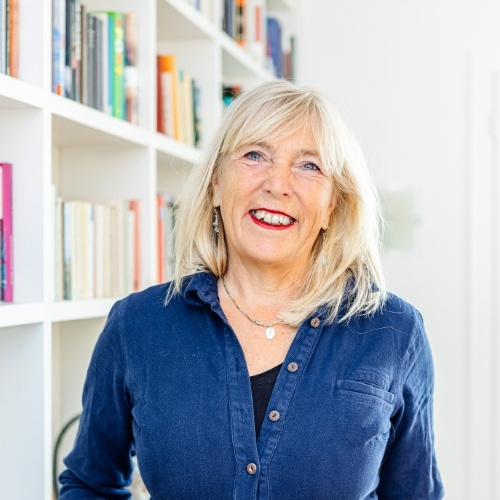Health & Work
Diseases and chronic disorders related to our lifestyle are on the increase. We must, therefore, look at health and care in a different way, and combine prevention and treatment. At TNO, we’re working on social and technological innovations that help people make choices for better health and greater participation in society.
Promoting health with innovations for self-determination
We want to help people make the right choices for their health, employability, and productivity. It's not easy when you see what we have to deal with every day. For example, working longer in a healthy way, an often busy or intense living environment, and an intensive lifestyle.
Together with government agencies, knowledge institutes, and companies, we develop technological and social innovations that improve health and professional employability. In this way, they contribute to:
- a healthy, vital, and productive population
- lower healthcare costs
- more economic growth
Healthy Living active in 6 domains
The Healthy Living unit is active within 6 expertise groups:
- Risk Analysis for Prevention, Innovation & Development (RAPID)
- Microbiology & Systems Biology Expertise Group
- Metabolic Health Research Expertise Group
- Child Health Expertise Group
- Work Health Technology Expertise Group
- Sustainable Productivity & Employability
We’re good at identifying major future developments and interventions relevant to these domains. Within the domains, we develop knowledge and expertise in health, health technology, and customised health interventions. Health interventions are methods and technologies that can be used when someone's health is at risk.
For example, we’re contributing to the transformation of youth healthcare through digitalisation. We’re developing an online platform that provides guidelines for youth healthcare and gives parents access to the professionals and advice they need to make the right choices. In addition, we measure and monitor stress and exposure to harmful substances in everyday life.
This leads us to collective public health strategies, personalised intervention strategies, and evidence-based health interventions, especially for the work environment. This creates a basis for interventions and assistive technology to improve both prevention and participation.
Health interventions
We want to significantly reduce the failure rate and thus the development costs of much-needed new drugs. We do this by innovating in the preclinical and clinical phases of drug development.
We also help the general public and professionals make healthy choices by collecting data on health and risks at a personal level. We convert them into valuable information, which we use to provide proactive, tailor-made advice. This personal information supports structural behavioural changes and a healthier lifestyle. We’re convinced that a change in lifestyle is the cure of the future for many diseases.
How do we improve the quality of digital healthcare?
Healthcare is digitalising at a rapid pace. This allows you to collect a lot of data and gain insight into genetic, lifestyle, and environmental factors. We develop useful, safe, and reliable applications that meet everyone's need for personalised healthcare. Privacy is a prerequisite.
We develop interpretations and predictive models of the personal health data for reliable advice and personalised interventions. We’re trying to improve personalised digital health with practical pilots.
Expert groups
Get inspired
Improving the health of mothers and newborns in Ghana

Digital, self-guided mental health program

Johns Hopkins APL and TNO sign Memorandum

Appointment of Baptiest Coopmans as member of the Supervisory Board of TNO

TNO launches LICARA Innovation Scan

